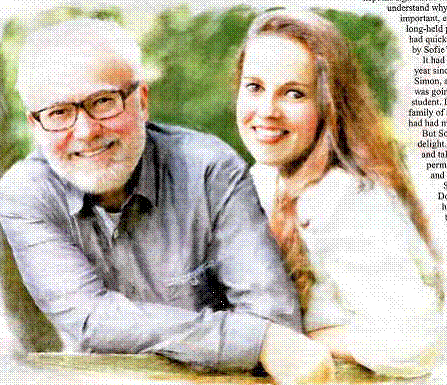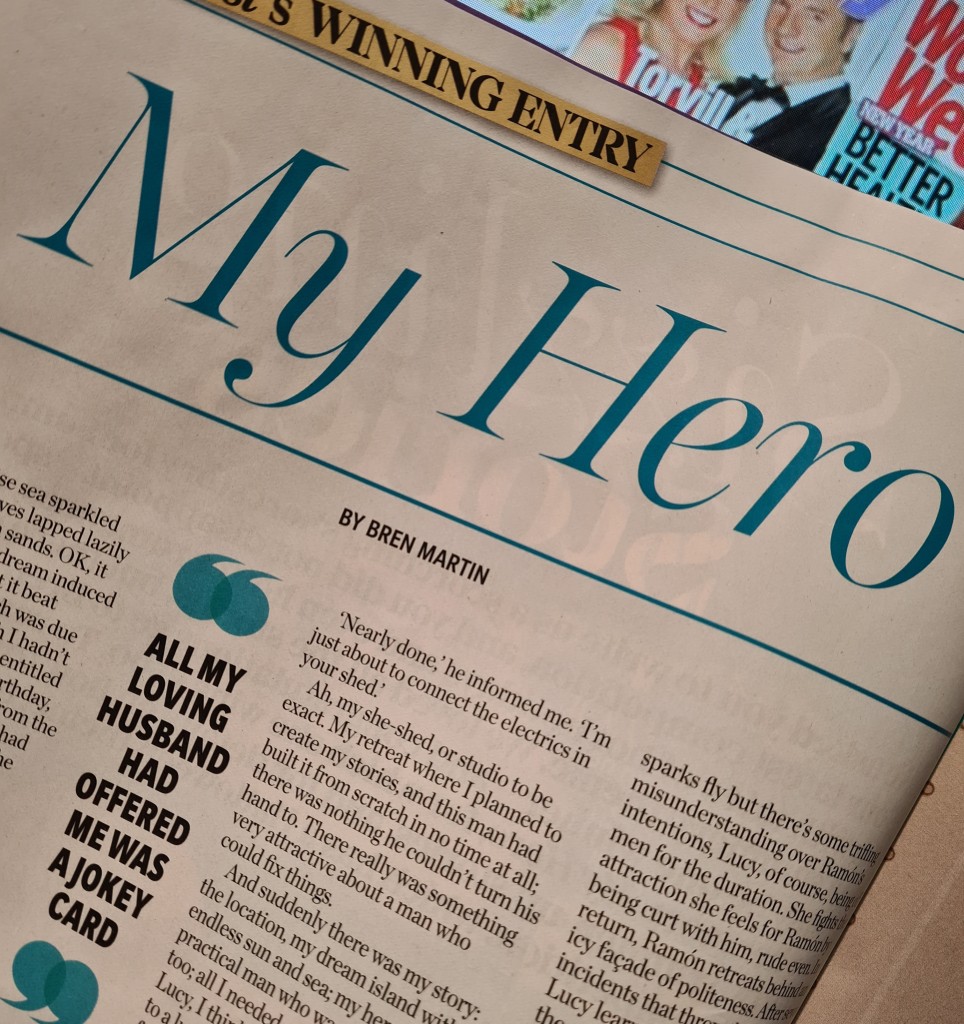Recently, my writing pathway passed another milestone, as I became a judge for a short story competition. True, it was a small competition, and I was standing in for the original judge for whom life got in the way, but I was still pleased to be asked.
It was a delight as well as an education. I was fascinated to see a competition from the other side, and the range of styles and subjects astonished me. It was clear early on which stories were in contention for placement and hence prizes. The others were perfectly good stories, for the most part well-edited, but they lacked a level of complexity and polish that the winners possessed.
Over the last 16 weeks, I have been studying the Globe Soup short story course. One lesson is unlocked each week, each covering in detail a specific area of writing. It has been a lot of work, but many of the points made about stories that win were evident in the competition entries. This made me think about the quality of the stories I submit for WOMAGs.
Now, I’ll be honest, one can’t send a literary story to The People’s Friend or to My Weekly – that simply doesn’t meet their style – but you can and probably should bring some of those qualities to your writing. And I would start with having a theme.
It took me years to understand theme, and I can best summarise it by saying it’s what your story is really about. When you can finish the sentence ‘the story is about ……’ in one word or a short phrase, and not by saying, “Well, a man buys his wife a ring, and she…” you have your theme. And when you’ve identified that theme, make every sentence in your story reflect it. Work on your language to make it engaging, and ensure your story evokes some sort of emotional response in your reader – a pleasant response for the WOMAGs, please. I have read prize-winning stories that made my skin creep. So none of those!

Take, for example, the first short story I ever sold. I named it A Daughter Gained, and it’s clear from the title where this is going. How Don gets there is the story. It was actually published as Picking Up The Pieces (The People’s Friend love changing story titles) and is about “coming to terms with grief”. That’s my theme. It doesn’t sound very People’s Friend friendly, does it? But that’s where how you write the story comes in.
I could have opened with a simple statement of facts:
“Don was standing in his conservatory, watching his son’s ex-girlfriend painting on the patio outside, when his wife arrived with a coffee.”
Nothing wrong with that, except it’s a bit dull. What I actually wrote was:
“Don stared out of the conservatory at the slight figure kneeling on the patio. Early evening sun glittered in her hair and she talked quietly to herself as she worked with her brushes and paints, oblivious to the fact she was being watched. He felt a hand on his arm, turned and saw his wife holding out a mug of coffee.”
Doesn’t that paint a more vivid picture? Don’t we feel closer to Don? Do you feel more engaged with the story already?
Soon we learn that Don’s only child – his son, Simon – has died, and now he can’t face losing Simon’s girlfriend, as well. Although he didn’t initially approve of Sophie, she was now “the cog Don’s family hadn’t realised they were missing.” Isn’t this a more poetic way of putting “she had become part of the family”?
Later, there’s a flashback to the funeral where Don admits to his wife he wishes he could adopt Sophie. Again I could have simply told this: “While Sophie was reading Mary Frye’s wonderfully moving poem Do Not Stand at My Grave and Weep, he told Ella he wished he could adopt Sophie.”
But I think this is better: “‘I feel like I want to adopt her,’ he whispered to Ella just after the wonderful elegy Sofie had read, some uplifting modern poem about Simon not being dead, but being in the summer breeze and the warming rays of the sun.”
These lines, while not quoted directly from the poem because that, of course, risks a breach of copyright, link to the ending and why Sophie has been painting Don’s new beehive. I could quote more examples of where I’ve worked on the language to make it more engaging, and to link with the theme, but you’d get bored and scroll on…
Now, I’m not saying this short story would have won any prizes, but I think it does illustrate how better writing, adopting the ‘showing’ habit, bringing a few literary touches to your prose and so on improves your chances of success.

And if you want to read a genuine prize-winning story, my sister won the Best summer short story competition. Her story, My Hero, is in this week’s issue (dated 4th July) and it’s fabulous.
The next competition, for Halloween, is detailed in this issue, too.
If you would like to read A Daughter Gained, leave a message in the comments section, and I’ll send you a pdf copy.
